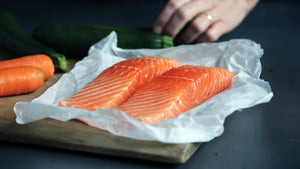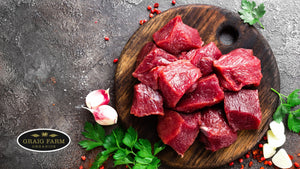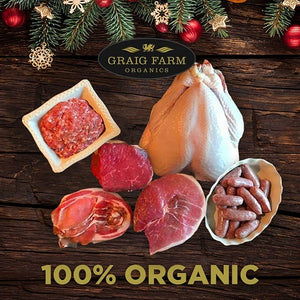What are Pesticides?

Pesticides have been a controversial issue for decades and their effects are still hotly debated. They play an important role in agriculture as they protect produce from insects, animals and weeds. However, there are growing concerns about their effects on humans, the environment and vulnerable wildlife.
Here’s an overview of the different kinds of pesticides, why they’re used, their toxic effects and more sustainable alternatives.
Types of pesticides
Pesticides are used to control, repel or kill organisms that can harm crops, plants and other animals.
There are various types, including:
- Bactericides (kill harmful bacteria)
- Fungicides (destroy fungi)
- Herbicides (weed killers)
- Insecticides (kill insects)
- Rodenticides (control rodents)
They’re not just limited to farming either - they’re widely used in gardens, urban areas and residential settings too. These chemicals are regulated and must be used within the criteria set by authorities.
Why are they used?
They prevent crop yields from contamination, which is crucial for protecting human and animal food supplies. Predators can be rabbits, foxes, small insects, weeds and bacteria, which compromise crop growth and need to be kept at bay.
What problems do they cause?
Although they have an important job to do, there are many concerns about pesticides and the threat they pose to humans, animals and the environment. Studies have shown prolonged exposure to some pesticides can be toxic to humans.
Adverse health effects can include severe headaches, stomach problems, reproductive issues and even cancer. Despite government regulations and risk assessments, traces of these chemicals are nonetheless found in food and water supplies. According to government research in 2015, almost half of British food contained pesticides.
Overuse of chemical pesticides is also a leading cause of soil erosion. Topsoil is the outermost layer of the soil and contains a significant amount of the nutrients plants need to thrive. The topsoil is home to insects such as worms, which help maintain healthy, fertile soil. Around 50% of the world’s topsoil has been lost over the last 150 years, clearly indicating that alternative measures are needed to preserve this precious resource.
Furthermore, the pesticides used in conventional farming often harm non-target species, and have been linked to the decline of wildlife like bees, birds and butterflies. These chemicals can run off into water supplies, harm marine life and contaminate human drinking water.
The pest control methods in conventional farming cause many problems for humans, animals and the environment. But what are the alternatives?
Organic methods of pest control
Organic farming has many benefits and aims to be more eco-friendly by avoiding the use of synthetic pesticides. Organic standards are in place to help maintain fertile soil, promote biodiversity and offer sustainable options.
Alternative methods of pest control like crop rotation, adopting polycultures, choosing resilient crops, using green manure and composting all help increase soil fertility and reduce the environmental impact of pest management.
Fewer synthetic chemicals are used in organic farming, which means less toxicity is released into the environment. We also use pesticides derived from natural sources and keep the synthetics to a minimum to avoid detrimental effects for people and the planet.
If you want to minimise your exposure to pesticides, choose organic. Visit our online store to shop for organic produce.
- Tags: FAQs
- Graig Farm





